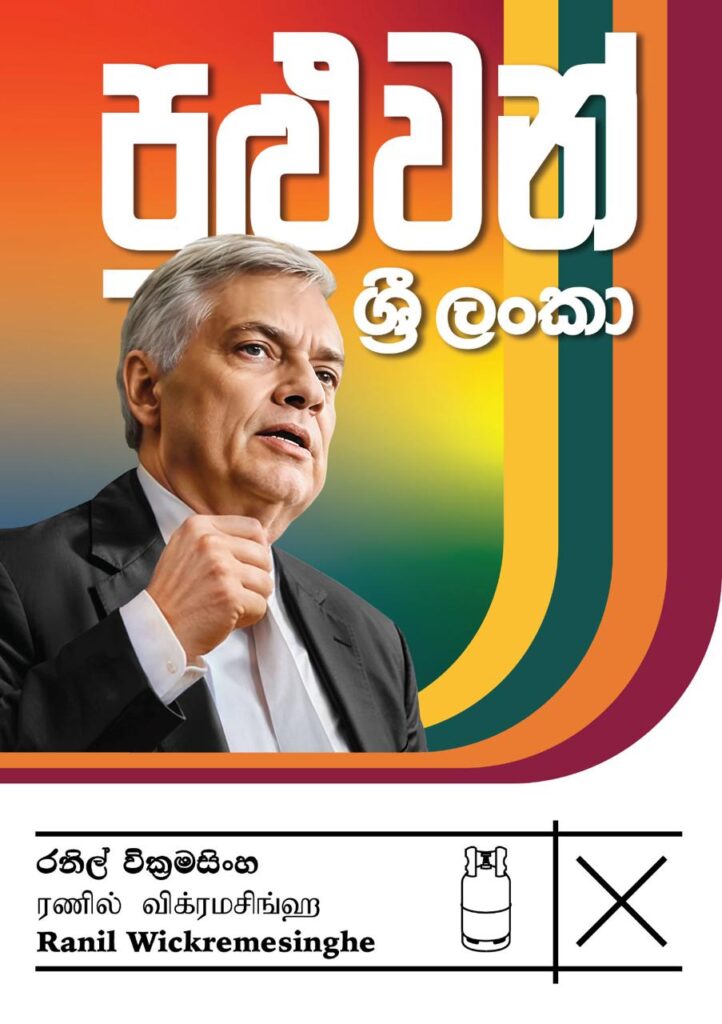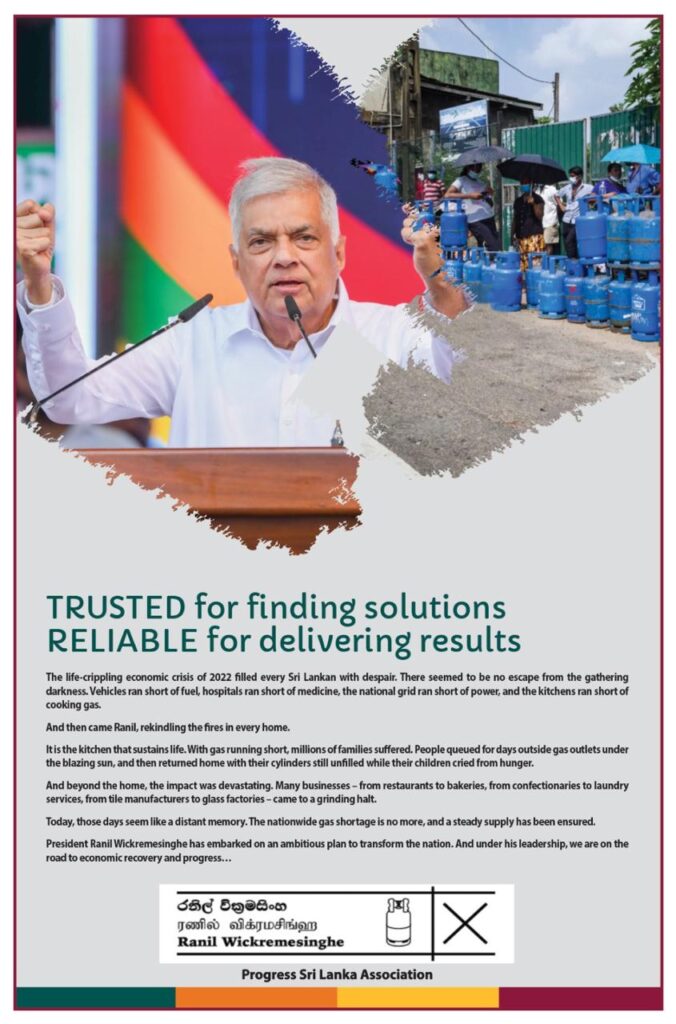September 05, Colombo (LNW): The Election Commission has appealed to all employers, both in the public and private sectors, to ensure their employees are given time off to cast their vote in the upcoming 2024 Presidential election.
Public sector employees, as per the Establishments Code, are entitled to special paid leave.
Although there is no specific legal requirement for private sector employers, the Commission emphasised the importance of granting leave to ensure everyone has the opportunity to vote.
Leave allowances vary based on the distance between an employee’s workplace and their designated polling station.
For those residing less than 40 kilometres away, half a day’s leave is recommended.
If the distance is between 40 and 100 kilometres, a full day’s leave should be granted.
For employees travelling between 100 and 150 kilometres, they are entitled to one and a half days, while two days’ leave should be provided for distances exceeding 150 kilometres.
To access the leave, employees must submit a written request to their employer.
Employers, in turn, must ensure adequate leave is provided and that a notice detailing who has been granted leave and for how long is clearly displayed at the workplace.
This measure aims to promote maximum voter participation, ensuring that logistical barriers do not prevent citizens from exercising their democratic right.




